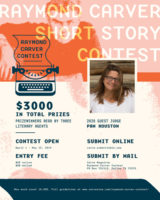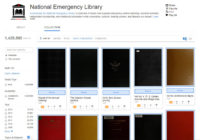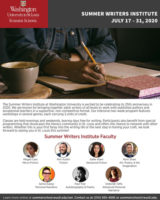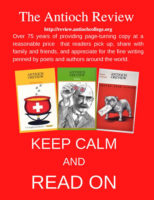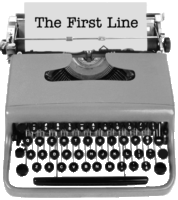Bible studies, Burgess style
Retiring in mid-February, I foresaw a sedentary future. However, this virus has taken even that to unexpected heights. With my time in isolation (so to speak; I have a family), I’ve been able to read Moses, a fictional narrative based on the biblical figure’s life by Anthony Burgess.
While most know Burgess for Clockwork Orange, that’s hardly his best. He is the primary reason I pursued an MFA after a 15-year absence from school.
Now I recall why I love (and envy) his writing so much. Moses is a bit closer to two of his earlier works: Napoleon Symphony, where he presents his interpretation of the diminutive conqueror’s life while dividing the book into four sections attempting to replicate the pacing of Beethoven’s Third Symphony, and Man of Nazareth, a look at the life of Jesus as narrated by a Greek merchant returning from business in Jerusalem at the time of the crucifixion.
Moses strikes out on its own in several ways, beginning with its structure. A narrative in verse. it reminds the reader of the Greek epic poems. It humanizes its characters—even Ramses. Moses himself suffers from a speech impediment. This is not unexpected for readers familiar with Burgess; most of his characters with outward defects tend to be the only complete person: recall the grotesque minister defending Alex in Clockwork Orange or the narrator’s disfigured sister in Earthly Powers.
But, like all things coming from Burgess, there are lessons to derive from this one. Issues such as free will, individual responsibility, and respect for simply stated (not grandiose and intricate) law are chief among those. This may be one of the easiest books from Burgess to read although I’d still recommend having a dictionary handy since the linguistic “tricks” found in his diction are always entertaining.
Moses: a narrative by Anthony Burgess. Dempsey & Squires, 1976.
Reviewer bio: Bill Cushing writes and facilitates a writing group for 9 Bridges. His poetry collection, A Former Life, was released last year by Finishing Line Press.

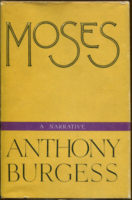
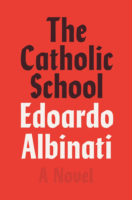
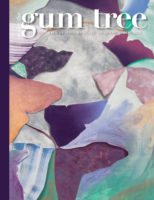
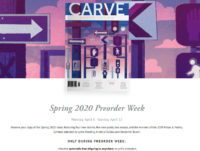
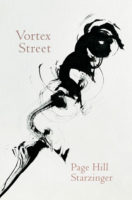
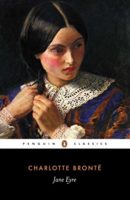

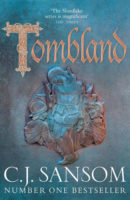
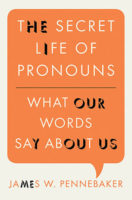
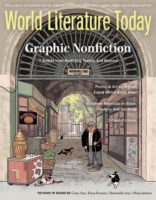
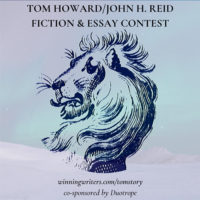
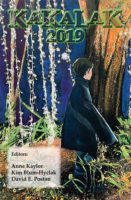
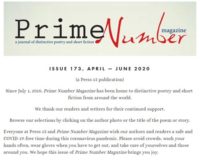
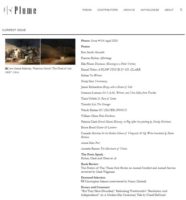
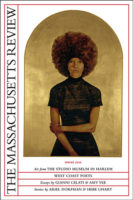
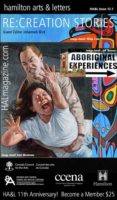
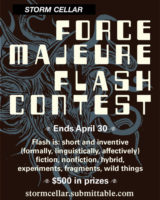
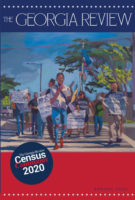
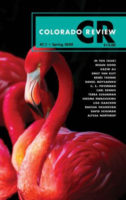
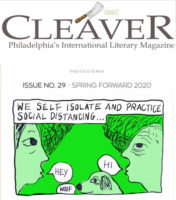
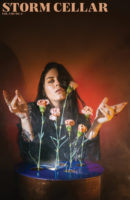
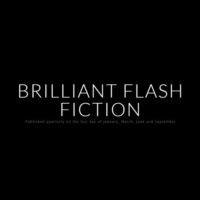
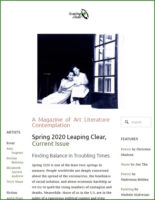
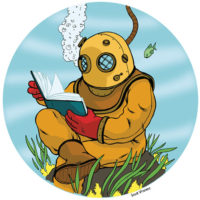
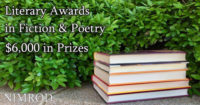
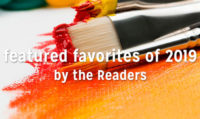 Looking for some good poetry to read during National Poetry Month? Visit Palette Poetry where Associate Editor Benjamin Bartu has put together a list of “Featured Favorites of 2019.” This list includes links to five different poems published on Palette throughout 2019, and he introduces each piece with a little insight on the editors’ feelings about them.
Looking for some good poetry to read during National Poetry Month? Visit Palette Poetry where Associate Editor Benjamin Bartu has put together a list of “Featured Favorites of 2019.” This list includes links to five different poems published on Palette throughout 2019, and he introduces each piece with a little insight on the editors’ feelings about them.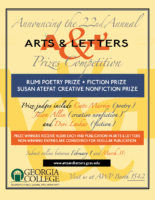
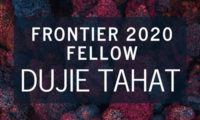 Frontier Poetry’s New Voices Fellowship is for uplifting and supporting “emerging poets from traditionally marginalized communities.” Congratulations to the newly announced Fellow for 2020: Dujie Tahat.
Frontier Poetry’s New Voices Fellowship is for uplifting and supporting “emerging poets from traditionally marginalized communities.” Congratulations to the newly announced Fellow for 2020: Dujie Tahat.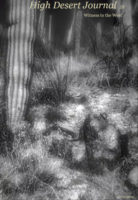
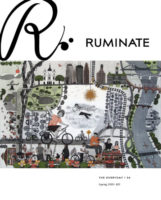 The latest issue of
The latest issue of 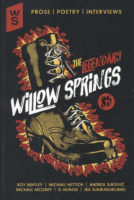 Magazine Review by Katy Haas
Magazine Review by Katy Haas